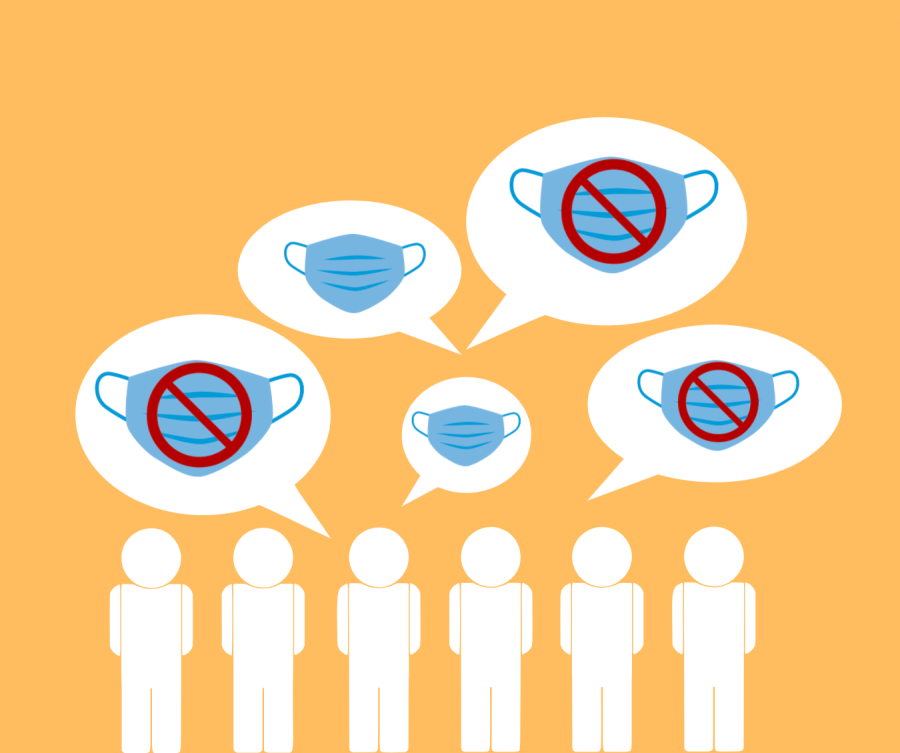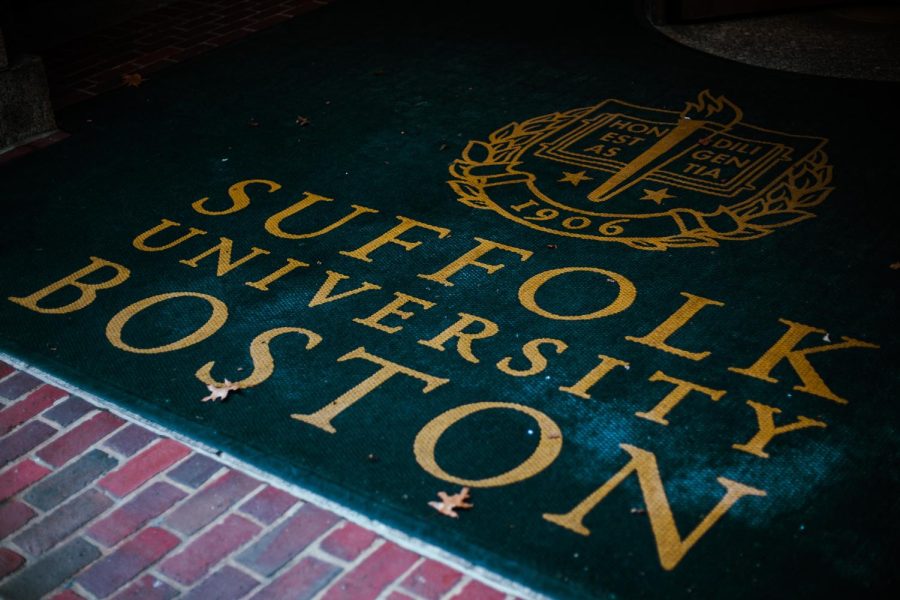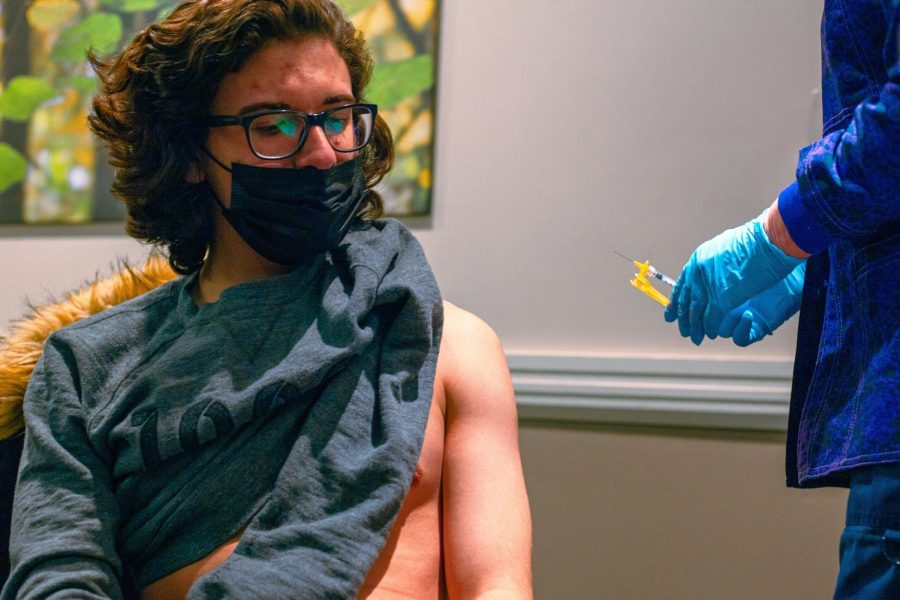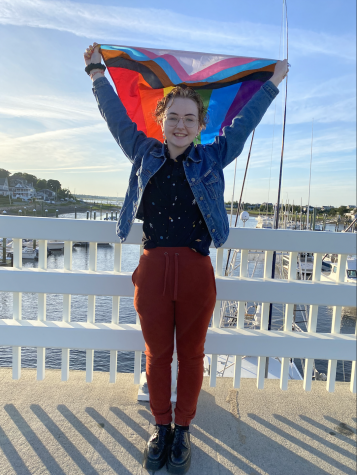The new COVID-19 variant, Omicron, was detected for the first time in Massachusetts Saturday and continues to spread across the globe as researchers learn more about its effects, and how much harm the mutation could pose.
According to the Center for Disease Control and Prevention, the Omicron variant transmits more easily than the original COVID-19 virus, and it is unknown if Omicron is more transmissible than the Delta variant.
Julie Sandell, chair of the university’s COVID-19 task force, said Omicron has not affected Suffolk’s approach to keeping campus safe.
“So far, we are not aware of any new regulations or guidelines from the CDC, the State of Massachusetts or the City of Boston for changing operations in response to the spread of the Omicron variant, so the Task Force has not recommended any changes to our policies and processes at Suffolk,” said Sandell.
President Joe Biden imposed a travel ban Nov. 29 for travelers from South Africa, Botswana, Zimbabwe, Namibia, Lesotho, Eswatini, Mozambique and Malawi as preemptive measures to stop the spread of the Omicron variant.
The first known case of the variant was found in South Africa and reported to the World Health Organization on Nov. 24. Two days after the original report, the WHO classified the new variant as a variant of concern, according to the CDC.
The United States reported its first case of the Omicron variant Dec. 1 in California. Like the first Omicron patient in Massachusetts, this person experienced mild symptoms and was not hospitalized.
In a “State of the Union” interview with CNN, President Joe Biden’s chief medical adviser, Dr. Anthony Fauci, reported that the variant could be less dangerous than Delta, the currently dominant variant that is driving up cases around the world. He mentioned that the variant has a “transmission advantage” in South Africa.
“Thus far, it does not look like there’s a great degree of severity to it,” Fauci said on CNN. “But we have really got to be careful before we make any determinations that it is less severe or it really doesn’t cause any severe illness, comparable to Delta.”
The WHO said the spread of Omicron and other variants of the virus come after vaccination goals were not reached by countries that have largely been left out of the vaccine marketplace.
“WHO set a target for all countries to vaccinate 10% of their populations by the end of September. [56 countries] effectively excluded from the global vaccine marketplace were not able to reach this target – and most of them in Africa,” according to WHO.
According to the CDC, the Omicron variant has been detected in 17 of 50 states. New York has declared a state of emergency as cases rise higher than they have since 2020.
Class of 2023 Suffolk student Morgan Mitcheson, who is also president of the campus show choir Rampage, spoke about her concern living in the city with a new variant emerging.
“The Omicron variant is a really nerve-racking announcement, especially for college students like us living in a city,” said Mitcheson. “I hope Suffolk will take the right precautions to protect us, while still hopefully continuing to give us the in-person experience we all have missed.”
Sandell also said that there is limited information about the variant within large communities of vaccinated individuals, like Suffolk University, which has required students and staff to get vaccinated if they do not have a religious or medical exemption.
“Our vaccination and mask requirements remain essential for limiting the severity of symptoms and the spread of the virus in all its variants,” Sandell said. “There is not much information yet about whether the Omicron variant has characteristics that make it more concerning than other COVID-19 strains in a highly vaccinated population, but we are following the information as it becomes available.”
Molly Sakowicz, Class of 2023, commented on her worries for public safety and the lack of information surrounding the new variant.
“I am a little worried about what it means for the slow progress we’ve made in maintaining distance and vaccination requirements that have allowed us to be back in person,” said Sakowicz. “It is scary knowing that there is a new variant that we don’t know much about, but I hope we can be smart and apply what we have learned over the past two years to this new variant.”
Nick Cook, Class of 2022, said he has found hope in possible similarities between the Spanish Flu pandemic of 1918 and the current status of the COVID-19 pandemic.
“The Omicron variant may be a bright sign if it ends up following the course of many virus variants,” Cook said. “Becoming more transmissible but having milder symptoms, like the Spanish Flu of 1918-19. But on the other hand, we don’t have enough research to make any judgments yet.”
Suffolk does not require students and staff to get the booster vaccine but encourages eligible individuals to get the booster to keep the community safe, according to an email sent out to students by the university before Thanksgiving.
Follow Daniel on Twitter @danielmrwebber





















